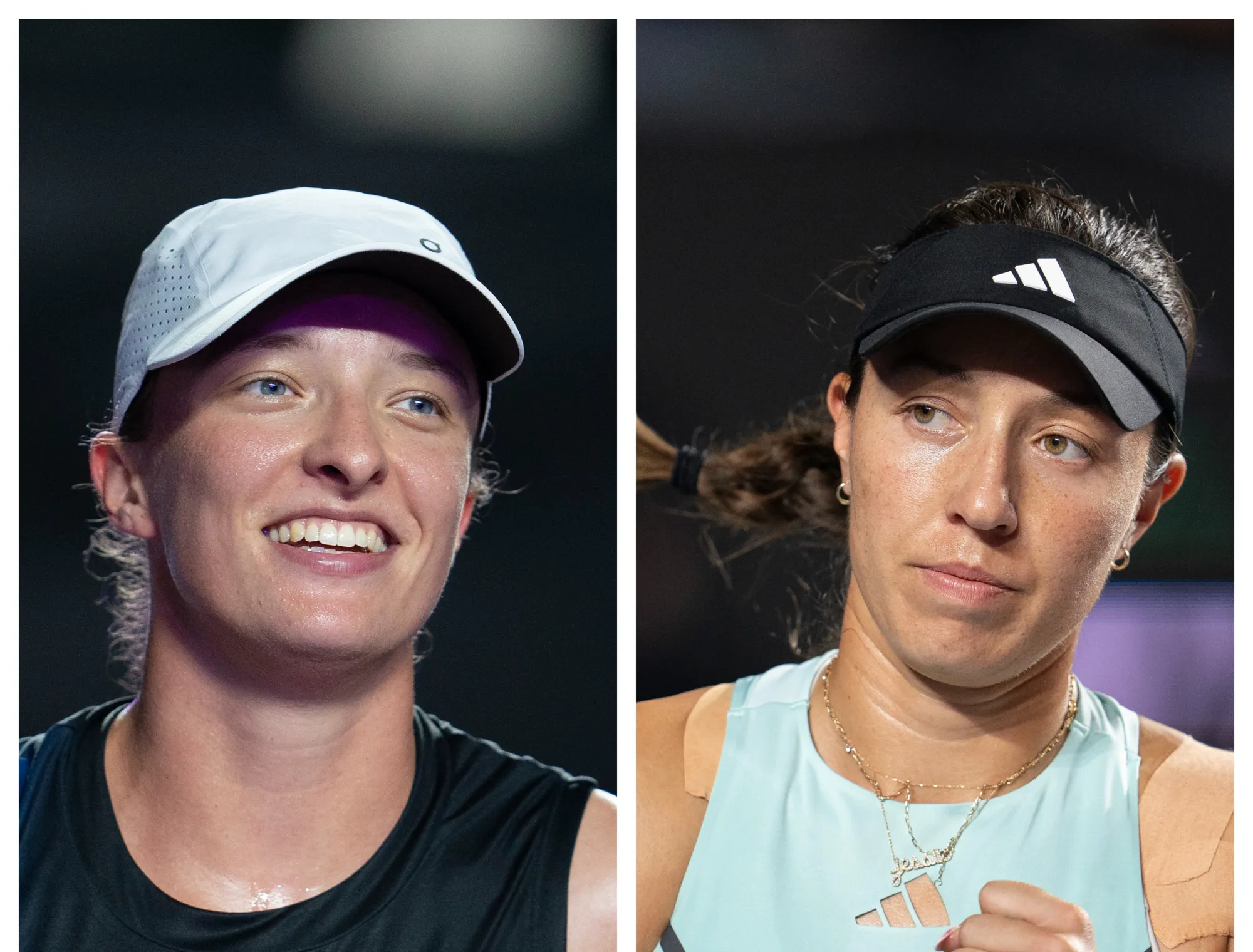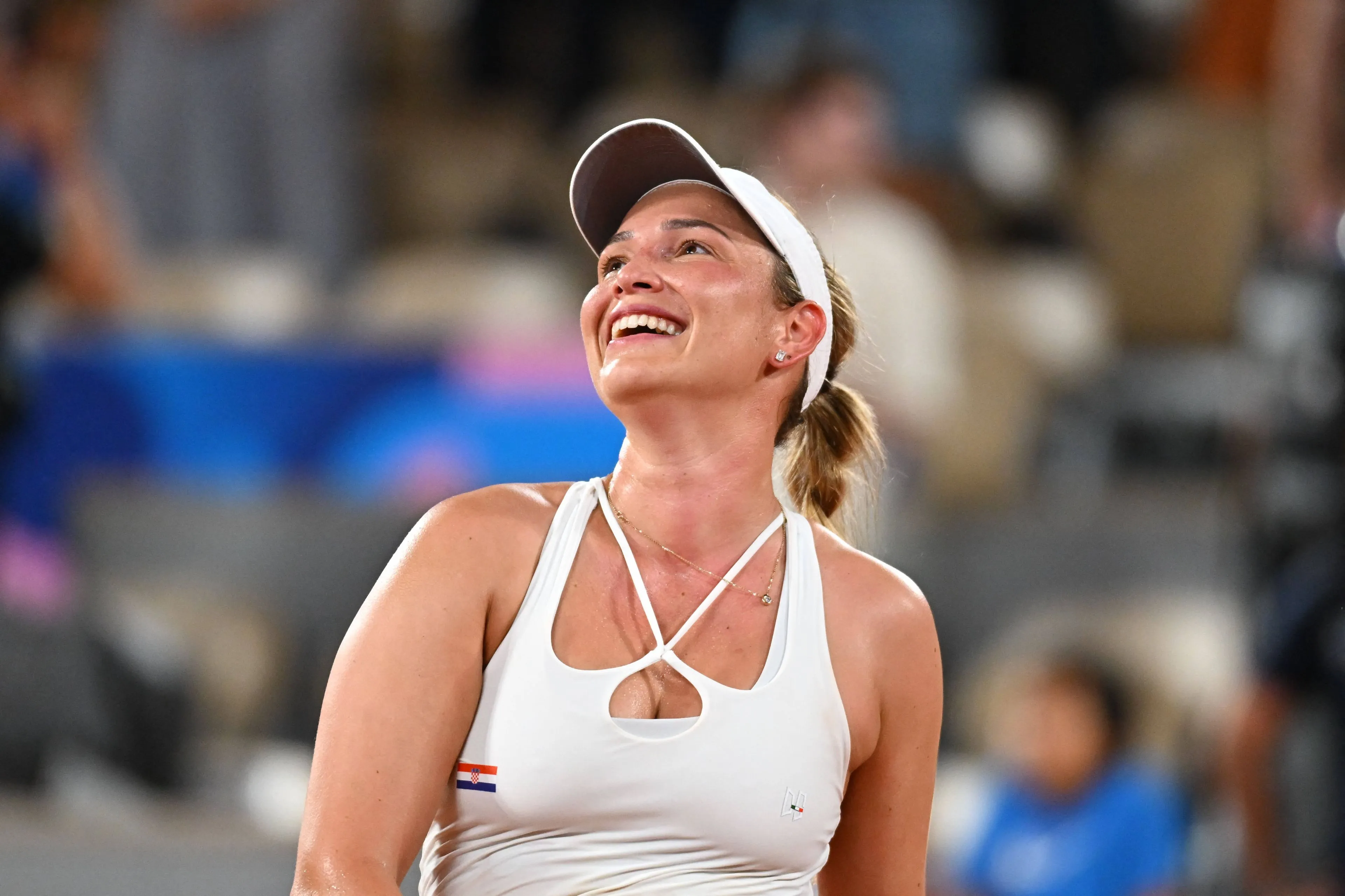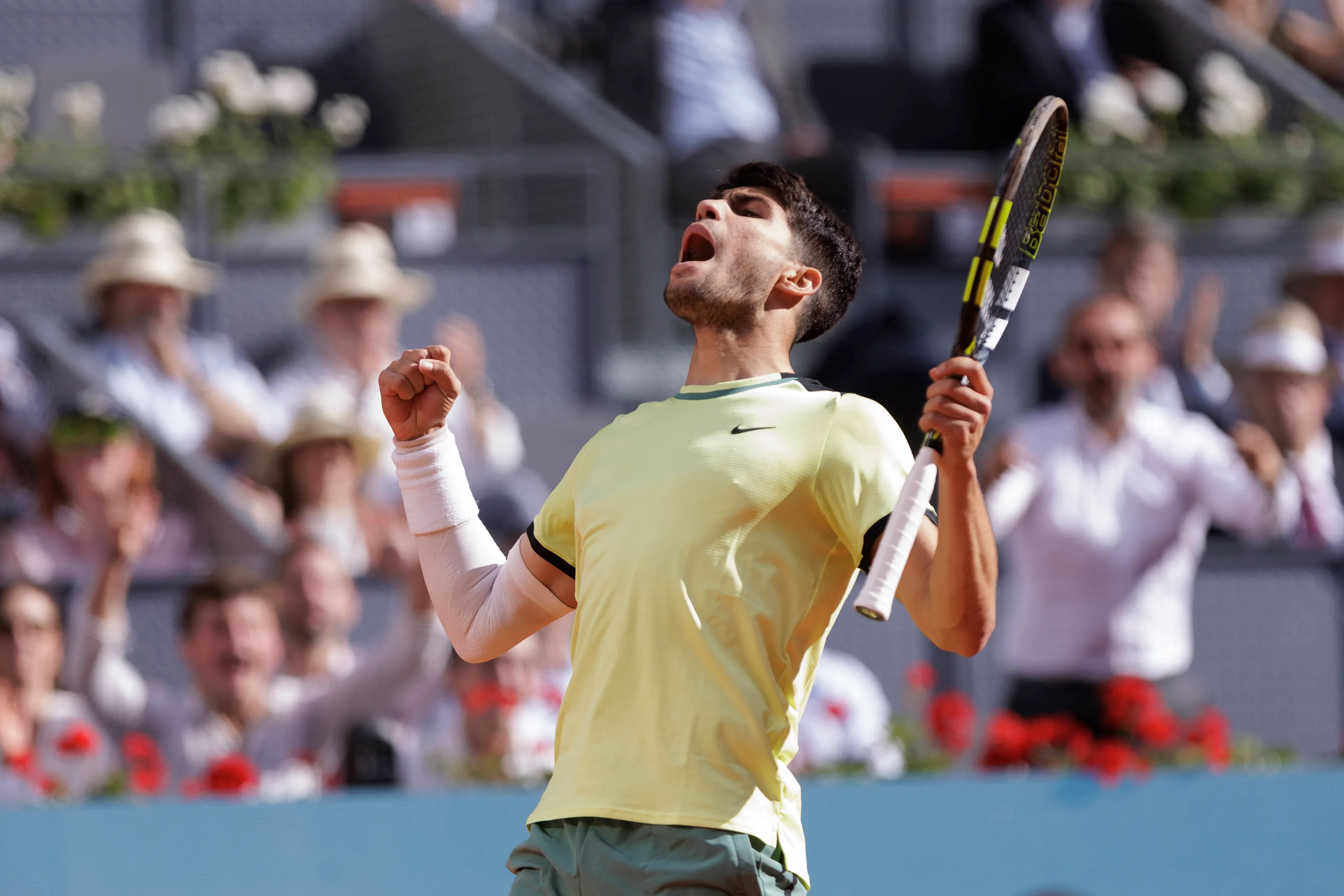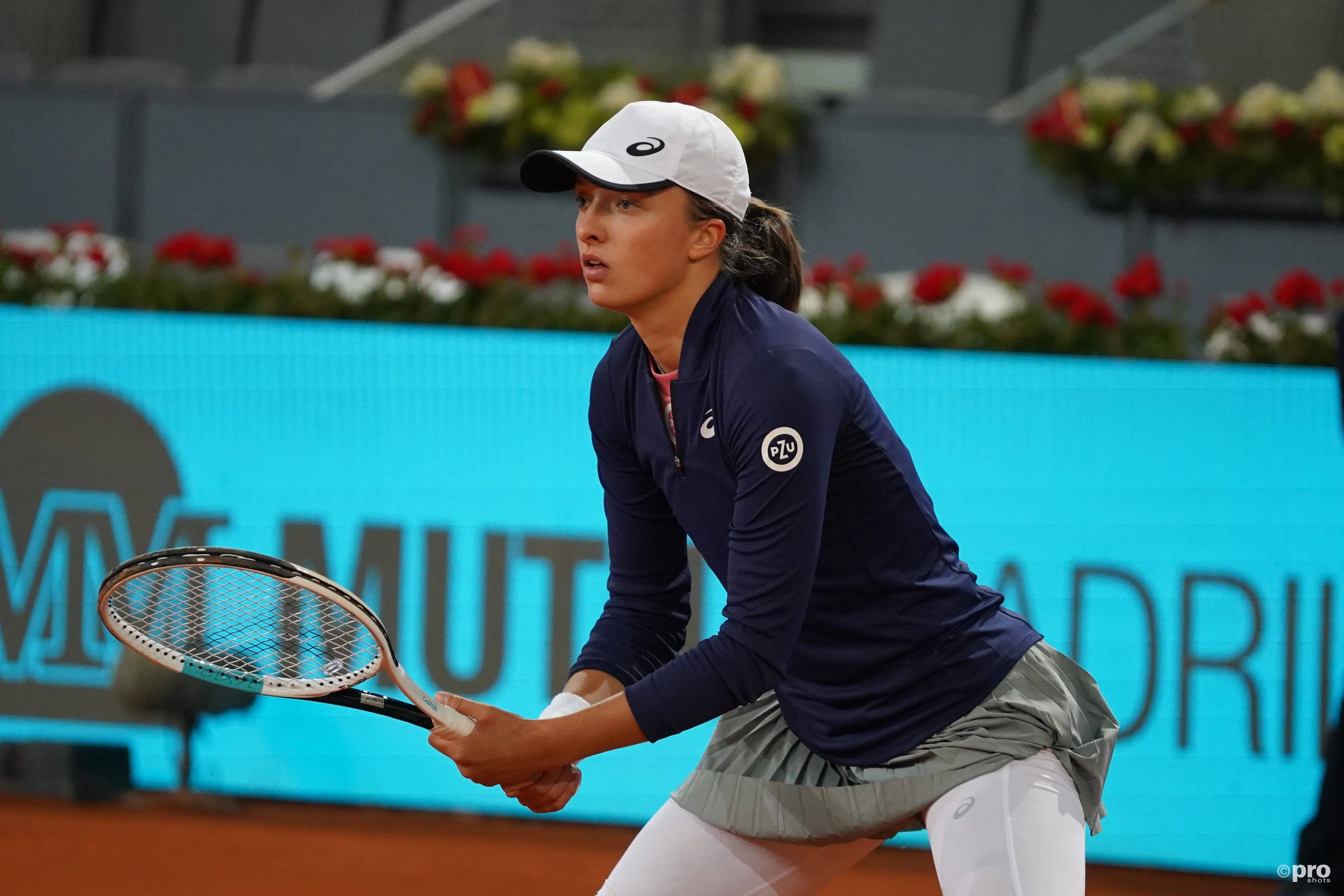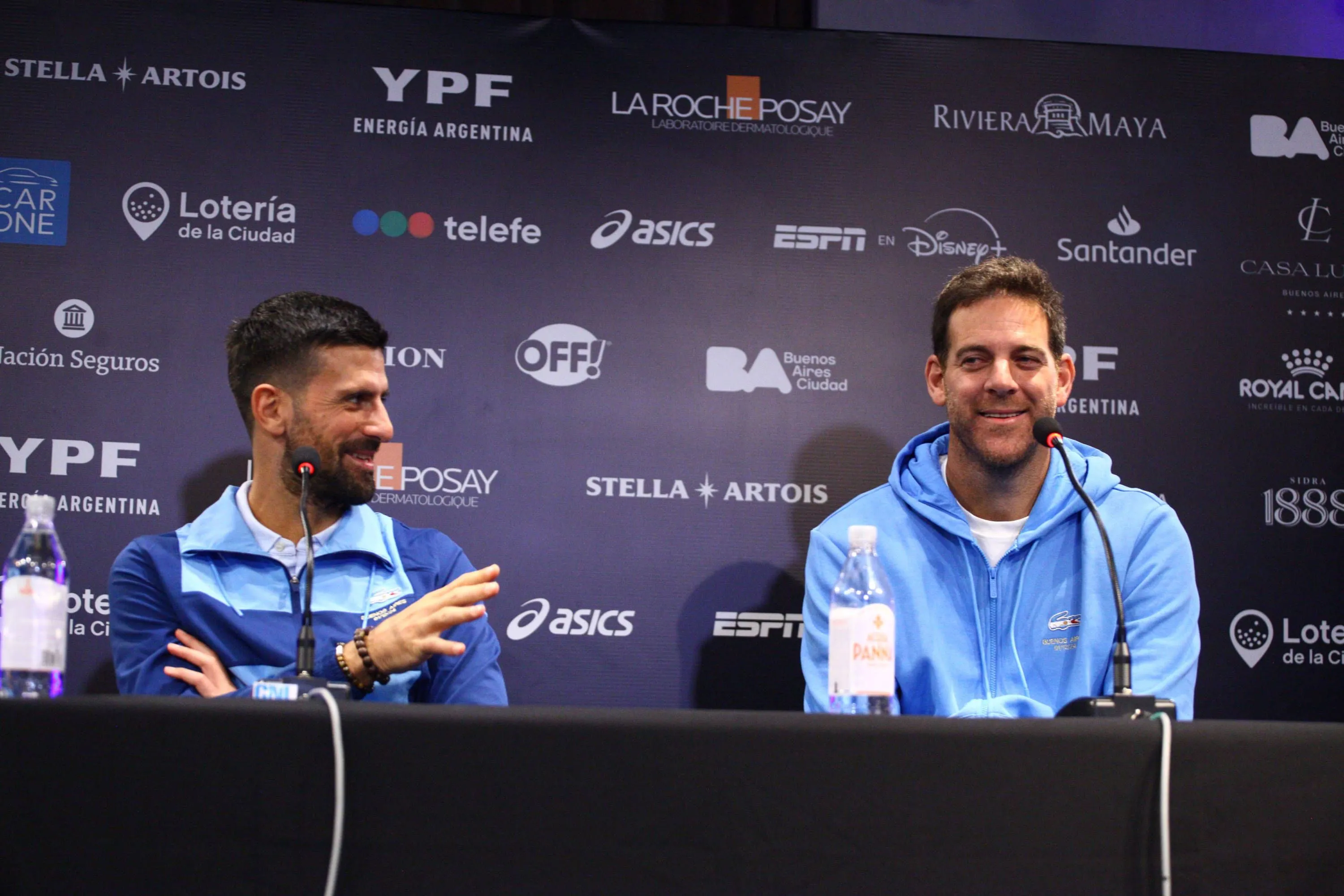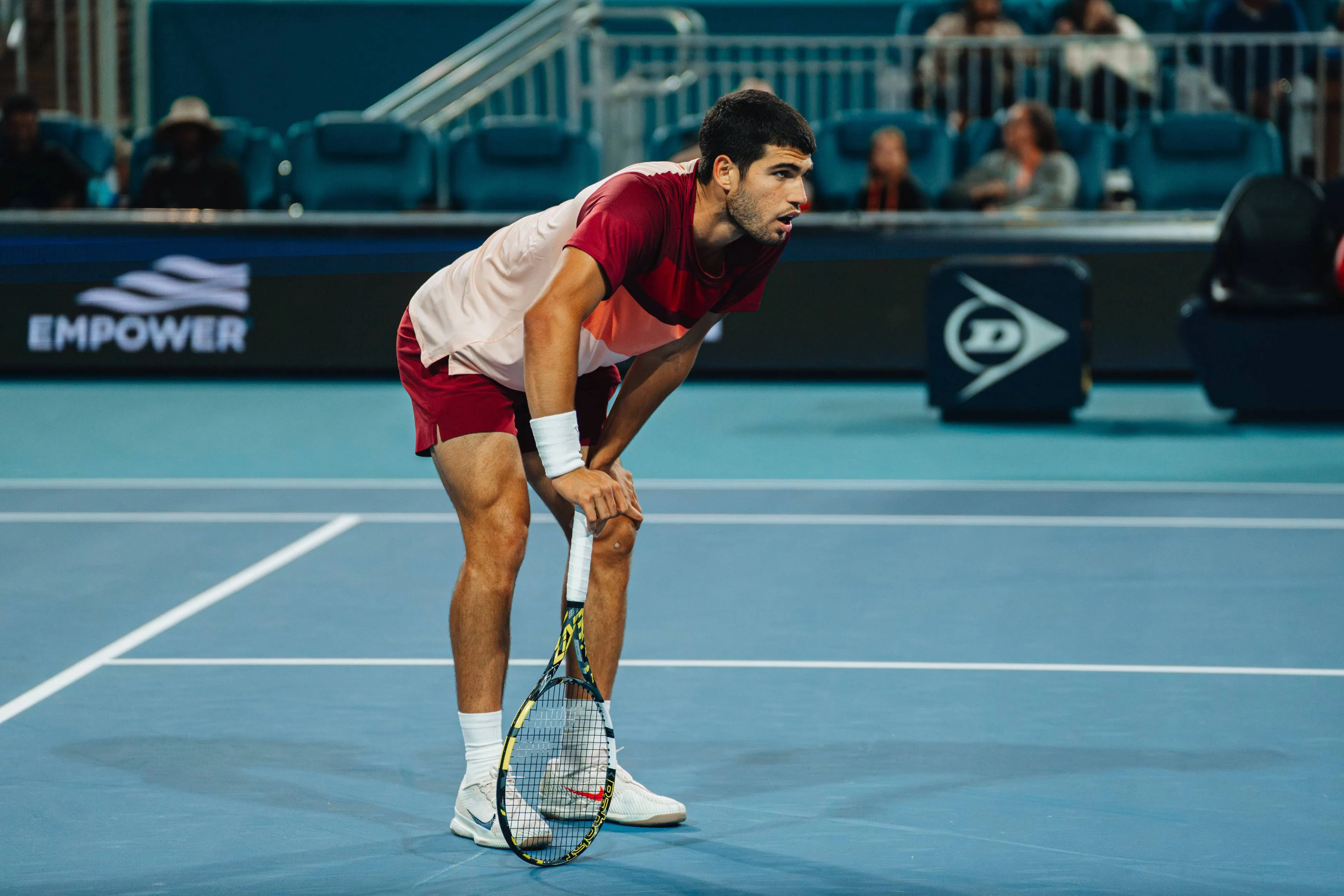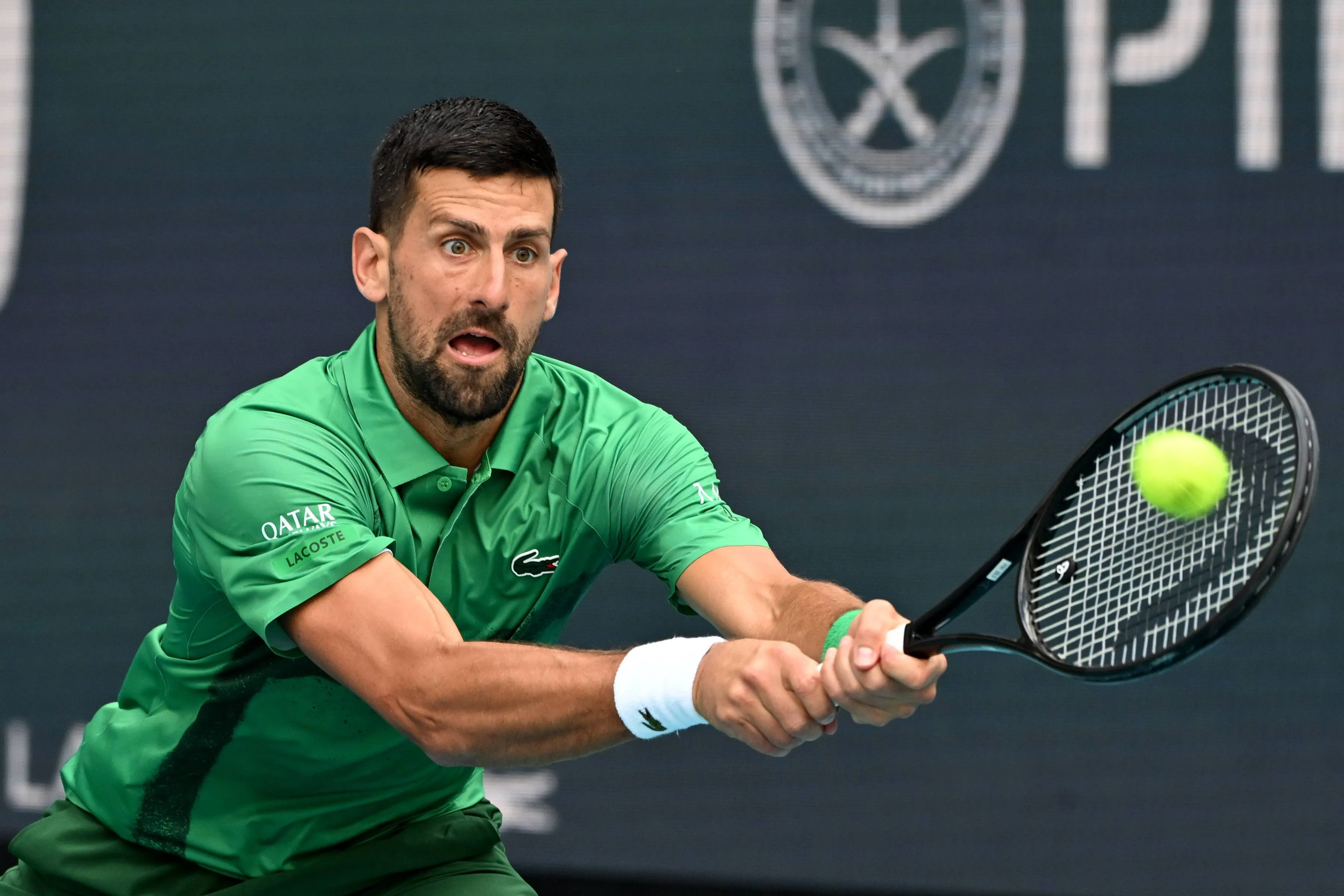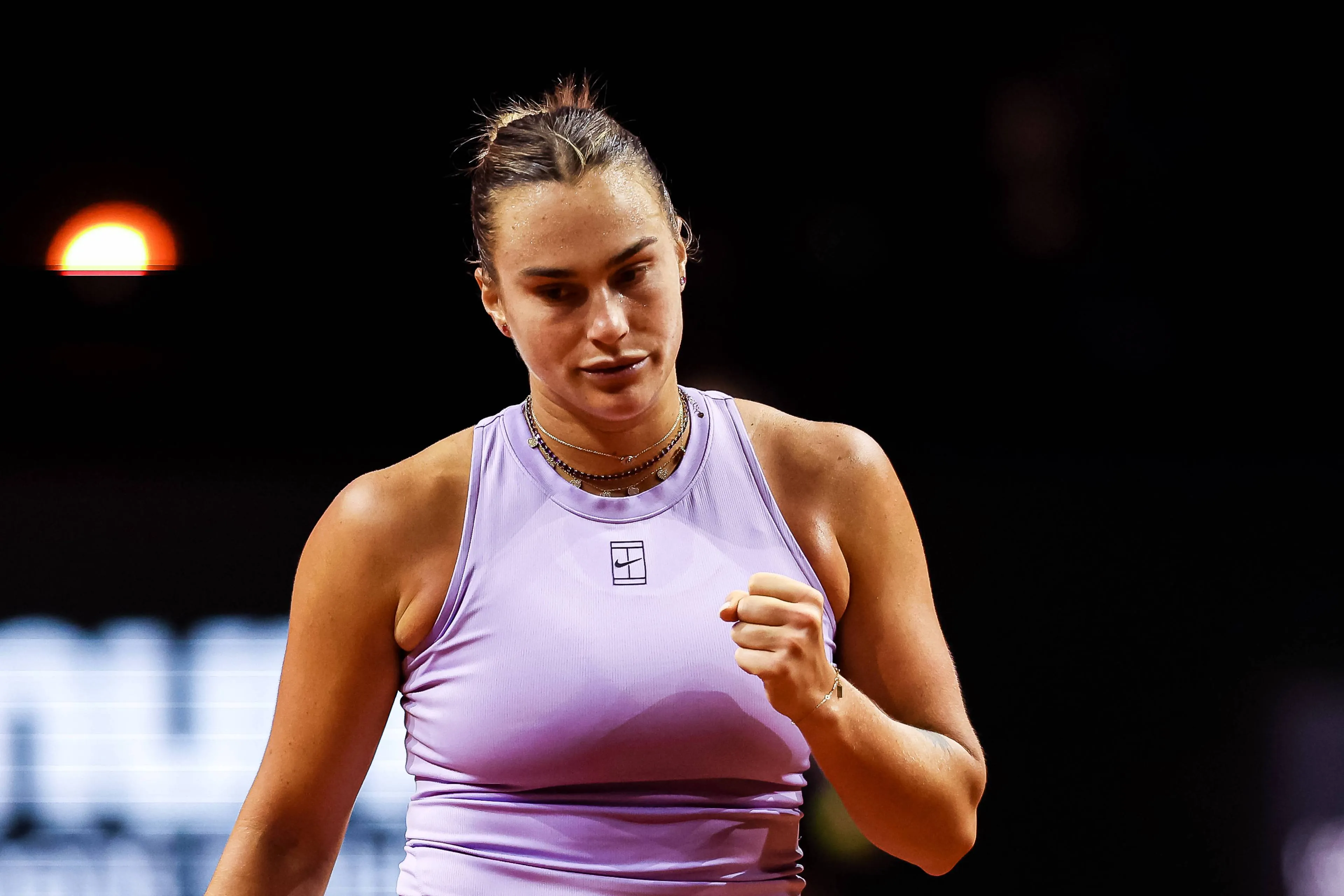Donna Vekic opens up about Zheng Qinwen after Olympic final defeat: “There are a lot of controversial stories about her”
WTAThursday, 08 August 2024 at 11:56
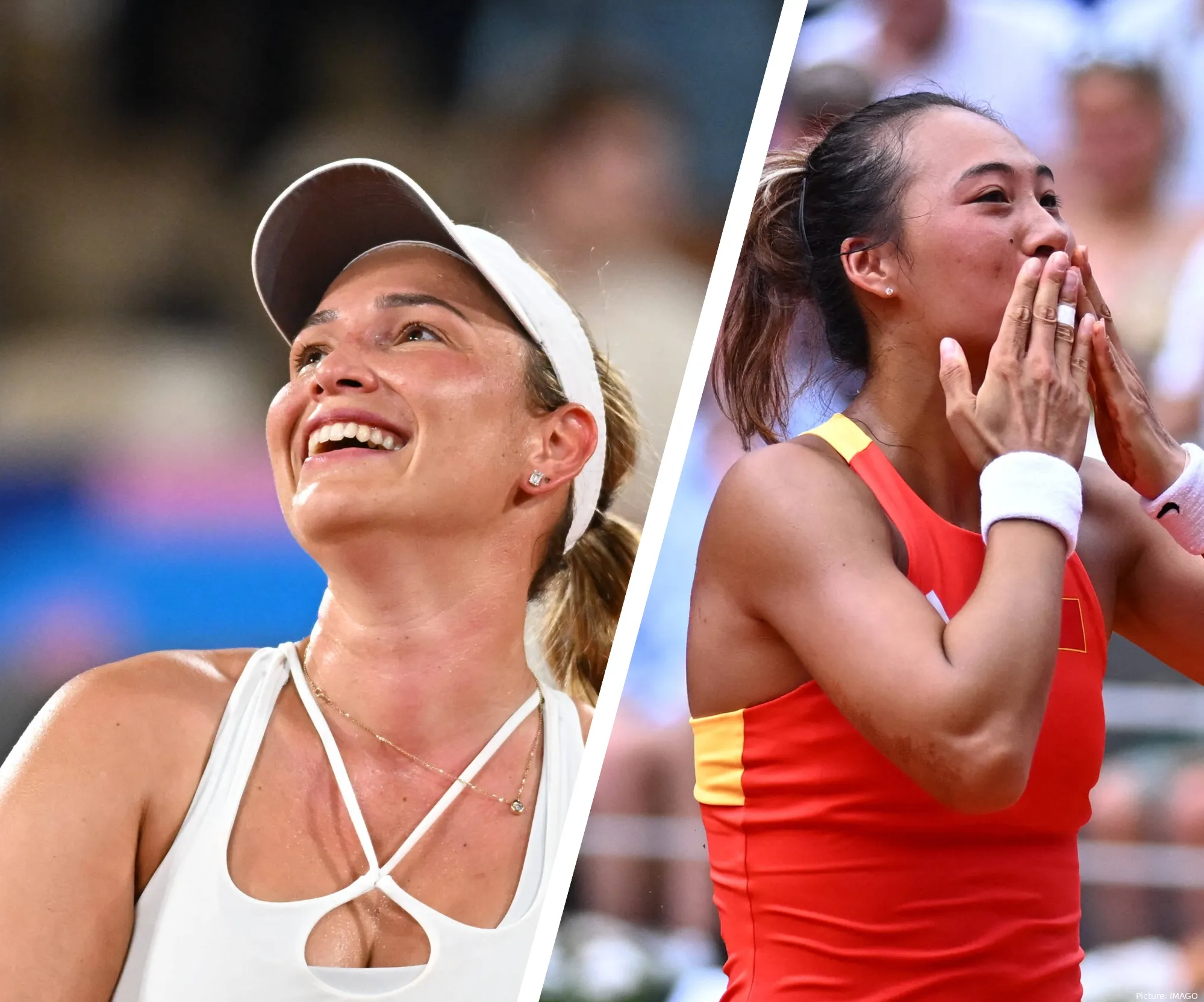
Donna Vekic
opened up after losing the Olympic Games final to Zheng Qinwen and the frosty
handshake they exchanged. The 21-year-old Chinese player faced criticism from
Emma Navarro after the quarterfinals, and now Vekic joins her, mentioning that
there are ‘controversial stories’ about Zheng.
The
Croatian player has been enjoying a great period in her career over the past
few weeks. Vekic reached the final at the Bad Homburg Open, then fell in the
Wimbledon semifinals, and on the clay courts of Paris 2024, she won her first
Olympic medal.
Vekic's emotional path to Olympic silver
Vekic’s appearance on the podium was a surprise, as she is not
accustomed to having great results on clay courts. In fact, of the 13 finals
she had played at the WTA level (4 titles, 9 runner-ups), none had been on
clay. This time, at the Stade Roland Garros, she shone with victories over
players like Bianca Andreescu, Marta Kostyuk, and Coco Gauff to reach a final
on this surface for the first time.
Read also
Facing her
was Zheng, who had just stunned world No. 1 Iga Swiatek and was the favorite
for the gold. Vekic couldn't do much in a final dominated by the Chinese
player. After the match, the cold handshake between Zheng and Vekic caught
attention, which the Croatian commented on while speaking to the Jutarnji
newspaper.
"She
was constantly delaying the service, as soon as someone's voice was heard or
someone moved in the crowd,” Vekic said. “She took time-outs completely
incorrectly. We cannot expect spectators to sit like statues. There are a lot
of controversial stories about her, but I won't talk about that now."
Vekic is
not the first player to criticize Zheng, following Emma Navarro's comments
after losing in the third round to the Chinese player. The American even
squandered a match point and after Zheng’s comeback, they had a tense exchange
at the end of the match-
"I just told her I didn't respect her as a
competitor,” Navarro said. “I think she goes about things in a pretty
cut-throat way. It makes for a locker room that doesn't have a lot of
camaraderie, so it's tough to face an opponent like that, who I really don't
respect.”
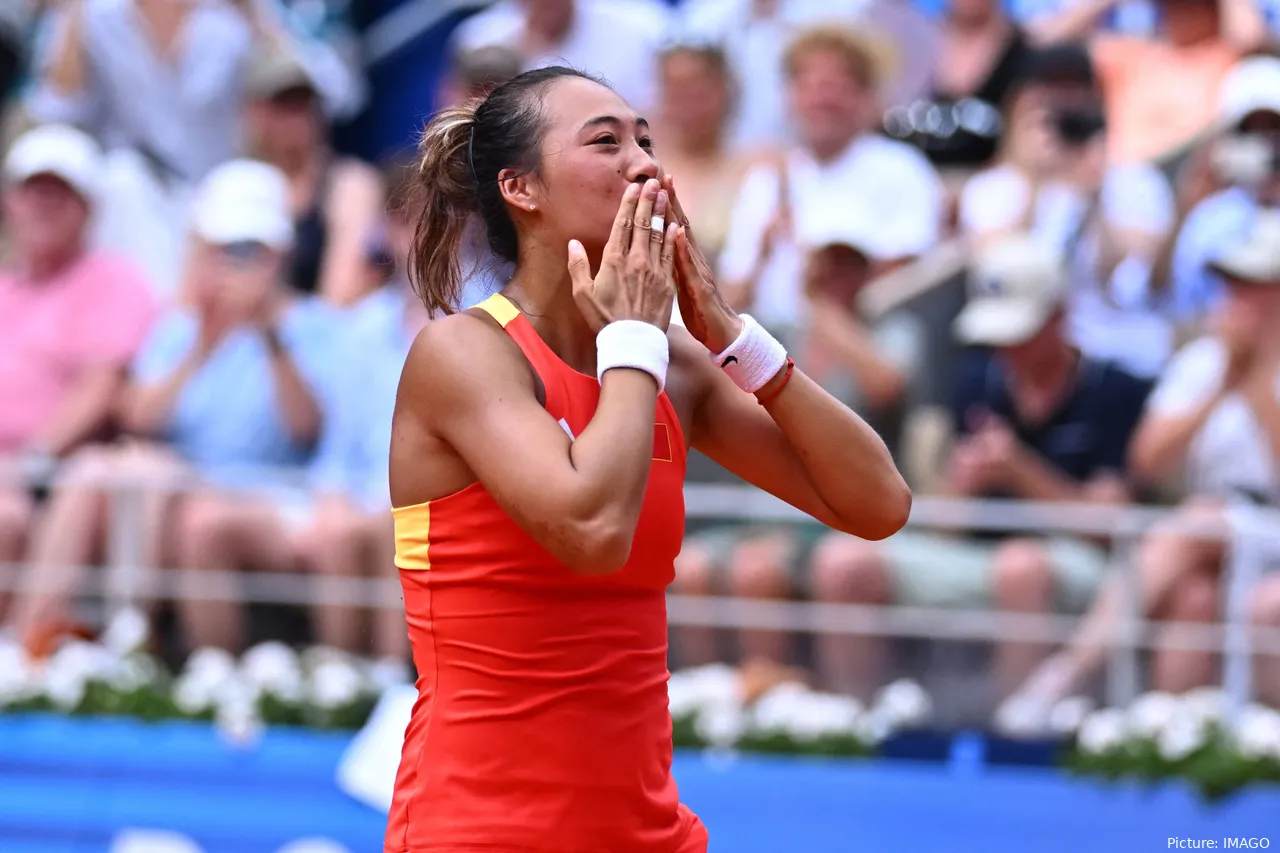
Zheng Qinwen at Paris 2024.
"I wanted the gold, but Zheng was better"
After her
good weeks in the grass-swing, with a final and semifinalist at Wimbledon,
Vekic doubted whether to travel to the Olympic Games due to the physical
demands of switching to clay just before the hardcourt swing. The Croatian felt
fatigued and also saw it as difficult to win an Olympic medal: "After
Wimbledon, I got sick, my arm hurt, my ankle hurt and I didn't feel that I was
able to win a medal,” she said.
“Then, due
to the canceled flight, we arrived in Paris a day later, during the first
training I was coughing and couldn't put two shots together. I said to the
coach, 'Nick, what are we doing?' A week later I just told him: 'Nick, we have
a medal.' I did my best, when I play for Croatia I give 200 percent,"
Vekic said.
Read also
Despite
suffering a disappointing defeat in the final by 2-6, 3-6, Vekic left Paris
with a remarkable silver medal: "I am extremely proud and happy to have
won a medal for Croatia, I have fulfilled my life's dream. The day I won the
semi-final was one of the happiest in my life. Now I'm a little disappointed
because I wanted the gold, but Zheng was better. I can't forget or dismiss what
I did in these weeks, I'm honest," Vekic added.
"What
will I do with the medal? I will sleep with it for six months. Not longer than
that, because we will start the new year with new goals," Vekic funnily
shared. "I am glad if I could inspire children to start playing tennis.
This has been my goal for quite some time since we started building (tennis
courts) and built three courts in Osijek (Vekic's hometown). We want to do as
much as we can so that as many children as possible play sports," Vekic
said.
claps 0visitors 0
Just In
Popular News
Latest Comments
- Well, that was ... all about nothing. Every excuse and future workout plan mentioned should have been dealt with a long time ago. R.I.P., Mark Petchey.
 mandoist22-04-2025
mandoist22-04-2025 - I hope Marion Bley is the Chair Ump for the Final. It would be Karma Served for Saba after her disrespectful 'performance' in the semi.
 mandoist21-04-2025
mandoist21-04-2025 - Coco needs to stop the Williams Hero Worship and play like 'Coco'.
 mandoist19-04-2025
mandoist19-04-2025 - Didn't expect issues between these two...SakkariFan2318-04-2025
- Send her a crate of deodorant DoveSakkariFan2318-04-2025
- Good to see, hopefully Sakkari can return to the form she deserves.SakkariFan2318-04-2025
- Shame no play on Friday but some line-up incoming..SakkariFan2318-04-2025
- Zverev's reaction lacked a bit of class this time around. He handled it better in Australia.MrAndreeva18-04-2025
- Funny from Dove & a corporate rarity.MrAndreeva18-04-2025
- Well, we all surely appreciate this bit of nothing. Go feed your kids.
 mandoist17-04-2025
mandoist17-04-2025
